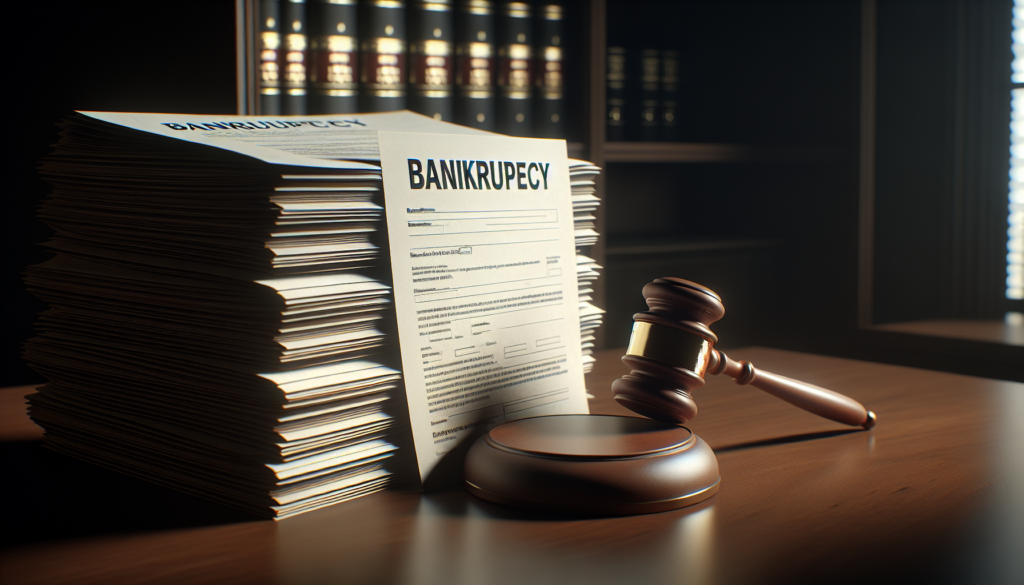
In bankruptcy, not all types of debts are dischargeable. The ability to discharge debts depends on the type of bankruptcy filed (Chapter 7 or Chapter 13 in the United States) and the nature of the debts. Understanding which debts can and cannot be discharged is crucial for anyone considering bankruptcy as a means of financial relief. Here’s an overview:
Dischargeable Debts in Bankruptcy
Most unsecured debts can be discharged in bankruptcy. These include:
- Credit Card Debt: Debts from credit card charges, including late fees and other penalties, are typically dischargeable.
- Medical Bills: High medical expenses, one of the most common reasons for bankruptcy, can usually be discharged.
- Personal Loans: Unsecured personal loans from friends, family, or financial institutions can be discharged.
- Utility Bills: Past due amounts for utility services like electricity, gas, and water can be discharged, though you may have to pay a deposit to continue service.
- Certain Tax Debts: Older income tax debts may be dischargeable under specific conditions in both Chapter 7 and Chapter 13 bankruptcy.
Non-Dischargeable Debts
Some debts are generally not dischargeable in bankruptcy, meaning you are still responsible for paying them after your bankruptcy case concludes:
- Student Loans: Except in rare cases of undue hardship, student loans are typically not dischargeable in bankruptcy.
- Recent Tax Debts: Taxes owed for the recent past are not dischargeable, including most federal, state, and local taxes.
- Child Support and Alimony: Obligations under family support, such as child support and alimony, cannot be discharged.
- Fines and Penalties: Fines, penalties, and restitution imposed for violating the law cannot be discharged in bankruptcy.
- Certain Condominium or Cooperative Housing Fees: Fees owed to a condominium or cooperative housing association for periods after the bankruptcy filing date are not dischargeable.
- Debts for Personal Injury Caused by DUI: Debts for death or personal injury caused by operating a vehicle while intoxicated are not dischargeable.
Special Considerations
- Secured Debts: While bankruptcy can discharge your obligation to repay a secured debt, the creditor may still have the right to repossess or foreclose on the property securing the loan if you do not continue to make payments.
- Chapter 13 Specifics: Chapter 13 bankruptcy offers a broader discharge opportunity for some debts that are not dischargeable under Chapter 7, such as certain tax obligations, debts for willful and malicious injury to property, and debts incurred to pay non-dischargeable tax obligations.
Understanding the distinction between dischargeable and non-dischargeable debts is essential for setting realistic expectations for bankruptcy. While bankruptcy can offer significant relief from many types of debt, it’s not a panacea for all financial obligations. Consulting with a knowledgeable bankruptcy attorney can help you navigate these complexities and make informed decisions about pursuing bankruptcy based on your specific financial situation.

Get a Free Bankruptcy Case Evaluation